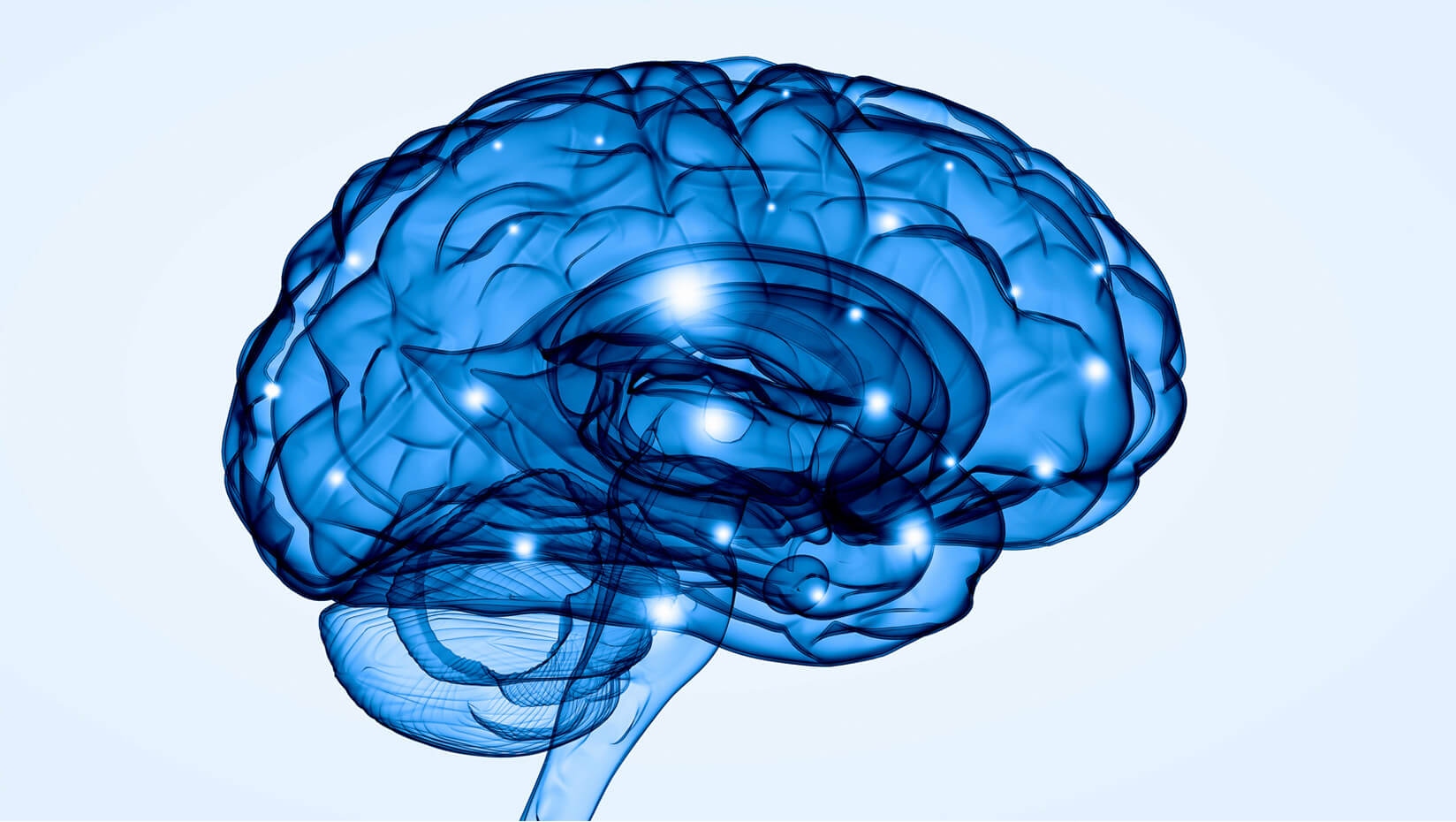Comments
- No comments found

There is a recent article on Big Think, Eastern philosophy says there is no “self.” Science agrees, where the author stated that, "the great success story of neuroscience has been in mapping the brain. We can point to the language center, the face processing center, and the center for understanding the emotions of others. Practically every function of the mind has been mapped to the brain with one important exception: the self. Perhaps this is because these other functions are stable and consistent, whereas the story of the self is hopelessly inventive with far less stability than is assumed."
"While various neuroscientists have made the claim that the self resides in this or that neural location, there is no real agreement among the scientific community about where to find it — not even whether it might be in the left or the right side of the brain. Perhaps the reason we can’t find the self in the brain is because it isn’t there."
"It seems all-important, so it often comes as a shock when I tell people that based on my work as a neuropsychologist, this “I” is simply not there—at least not in the way we think it is. The truth is that your left brain has been interpreting reality for you your whole life, and if you are like most people, you have never understood the full implications of this. This is because we mistake the story of who we think we are for who we truly are."
If everything is already mapped and most of the things that are known or experienced are within the mind [or the brain], but where the sense of self might be is not yet [acceptably] identified, does it mean it isn't there?
How is it possible to have an experience of anything without a sense of self? If there are sometimes unwanted or random thoughts on things, does it mean that they always distort reality?
How does thought work? How does anything in the mind result in experience—or what is known in the moment? What is the relationship or difference between the mind and the brain? If there are multiple brain areas for a specific thing, does it also mean multiple for the mind as well or that the thing is one property, obtainable to degrees on the mind?
The sense of self is known and whatever is known is based in the memory—a division of the mind. The sense of self might be a low degree property of the mind, since it is not often the most of any experience, such that when prioritized it is so brief, staying mostly in pre-prioritization.
Whatever is being experienced, cold, heat, a scent, a taste or anything else, the experience of it overshadows the sense of self that goes along. This might be a reason that identifying the self center in the brain [for the mind], may have been elusive.
Conceptually, the collection of the chemical and electrical impulses of the brain forms a group, which is what is called the mind. The group has its components, structure and functions.
It is the interaction of the components of mind that says what is experienced or known, including what is labeled thoughts. No one experiences serotonin, but mood, as a function of the mind, is experienced. There are prioritized and pre-prioritized interactions. Some of the unwanted thoughts, said to be from the brain's left hemisphere are due to these interactions within the mind.
Just as consciousness or sentience, theoretically, is the rate of knowing, the sense of self is also known or is a property that can be acquired in the mind.
Leave your comments
Post comment as a guest